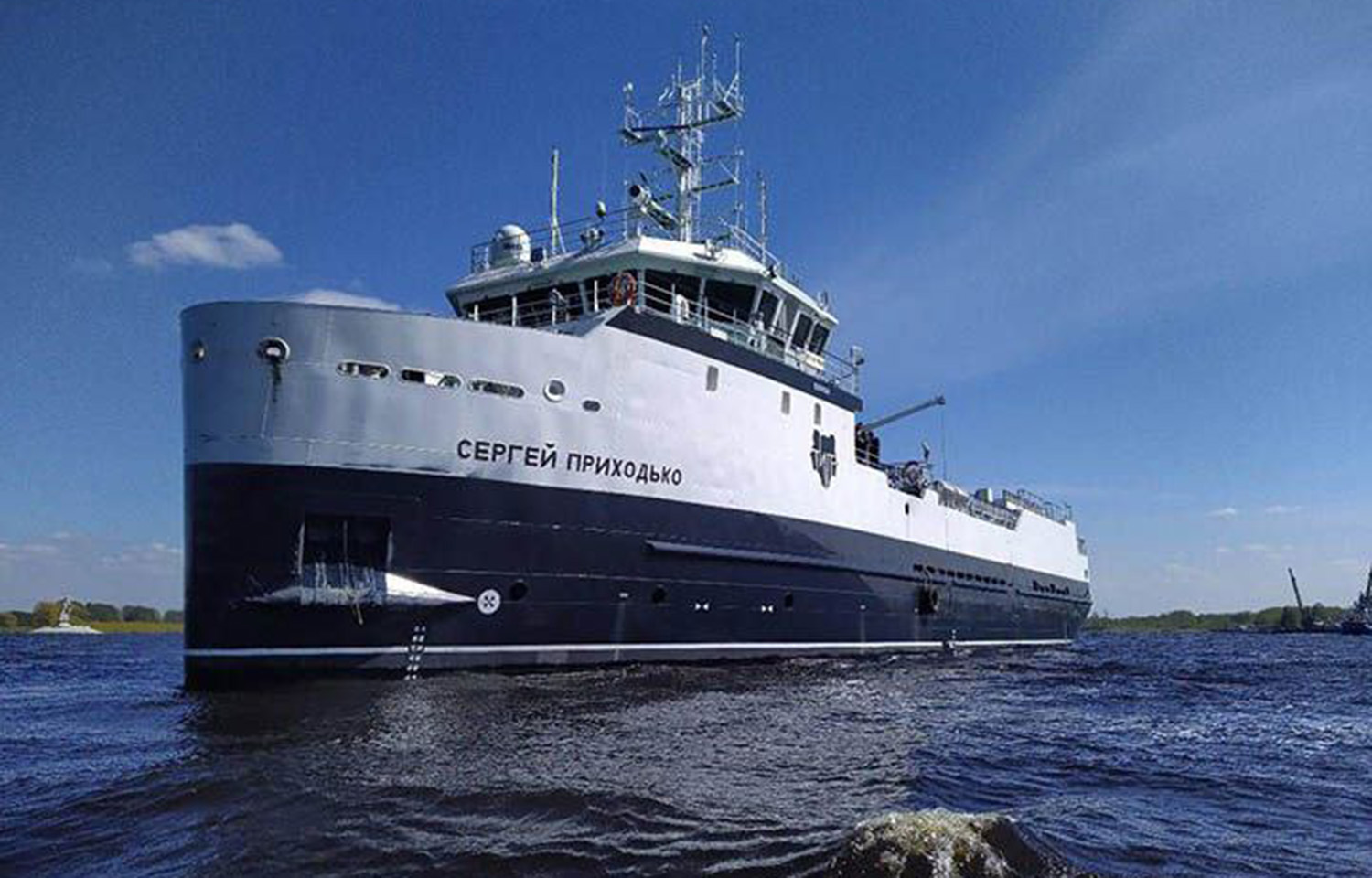The Russian Federal Fisheries Agency (Rosrybolovstvo) said in a release that the Far East has invested more than RUB 200 billion (USD 2.2 billion, EUR 1.9 billion) the country's fisheries through the investment-quota mechanism – the same day that one of its crab quota auctions went without a buyer for the third time.
Rosrybolovstvo said in a press release on 4 September that investors from the Far East have invested the money as part of the country’s investment-quota mechanism. Russia held its first investment-quota auction in 2017, which granted quotas to companies in exchange for a fee paid to the government and for a promise to build either new ships or processing facilities domestically.
"This is the development of shipbuilding, ship repair, all supporting and related industries for the fish industry,” Rosrybolovstvo Head Ilya Shestakov said. “Of course, this is a great contribution to the socio-economic development of the regions. These are investments that are made in coastal entities, socio-economic obligations that the government has laid down and fishermen will have to fulfill. The development of coastal villages is and will be going at a fairly good pace.”
On 5 September, Rosrybolovstvo announced that a new crab vessel, the Sergey Prikhodko, set out on its maiden voyage from the Nobel Brothers Shipyard. The Aqua-Invest vessel is equipped with modern equipment that allows it to fish at depths of up to 2,000 meters and transport up to 120 metric tons (MT) of live crab.
According to Rosrybolovstvo, the Sergey Prikhodko was built at a cost of RUB 1.6 billion (USD 17.6 million, EUR 15.9 million). It is the first of two crab vessels that will be built at the Nobel Brothers Shipyard for Aqua-Invest.
The positive moment for Russia’s investment quotas came at the same time as Russia's Ministry of Agriculture proposed a draft amendment to reduce the requirements for catch and production from participants in the investment-quota program, Fishnews reported.
The investment quotas originally came with production requirements, but government authorities later levied court cases against program participants for not meeting their promises of processing at least 70 percent of the quota at the new facilities.
But the companies fought back, arguing they could not meet the requirement because the yields on value-added products were of lower volume than the raw material inputs.
Nonetheless, Rosrybolovstvo filed lawsuits against 10 of the plants, demanding payment of fines totaling RUB 6 billion (USD 66 million, EUR 59.6 million), Fishnews reported.
The proposed changes to the program give more ...








